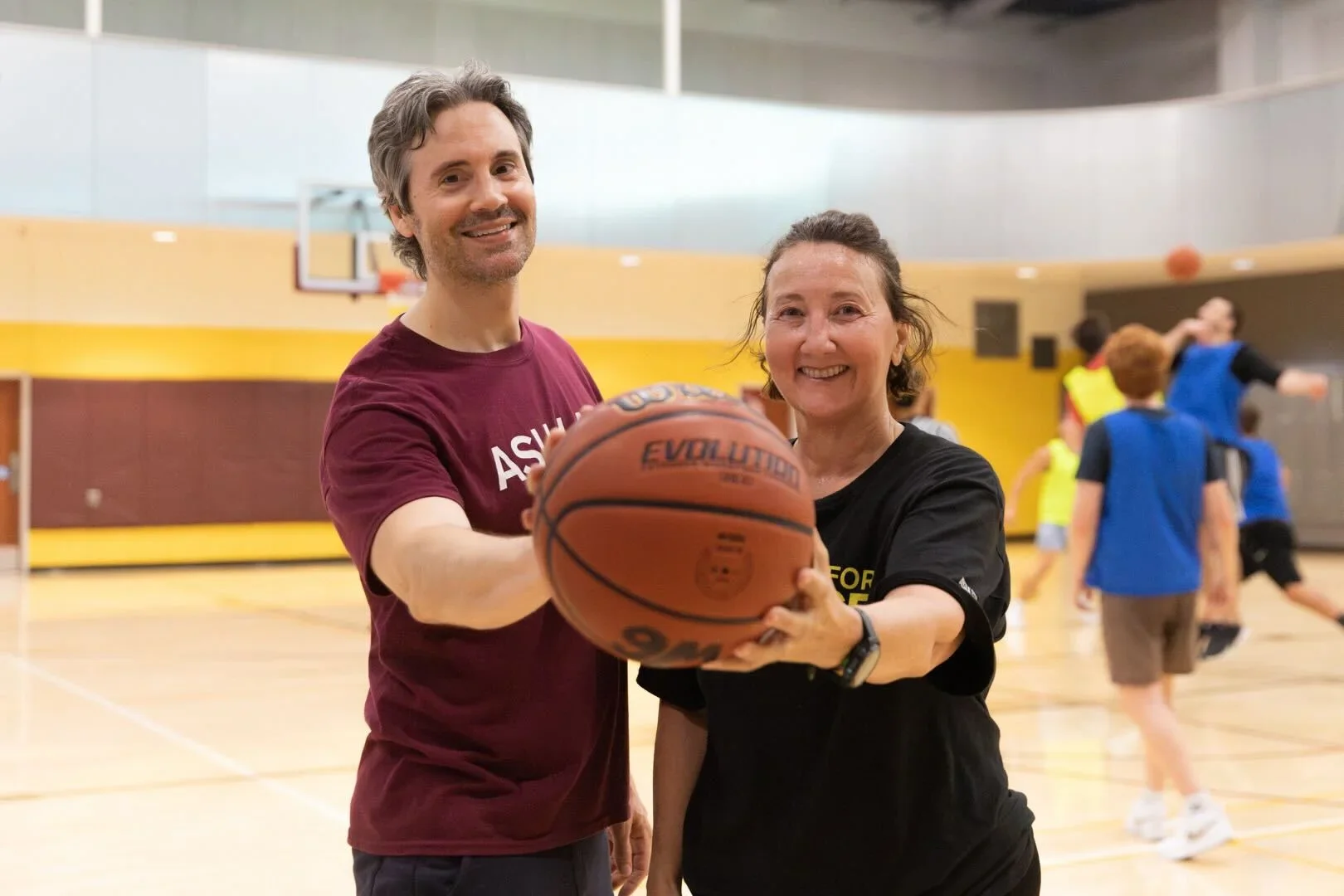
A new class, a new era: Law school reimagined
The Sandra Day O’Connor College of Law at Arizona State University is ushering in a new academic year with a dynamic group of students, setting the stage for a reimagined approach to legal education. This fall, ASU Law welcomed one of its most accomplished and diverse classes, with over 630 new JD and master’s students joining its more than 1,800 total student body, reflecting the school’s commitment to inclusivity, innovation and excellence.
This year’s incoming JD class boasts a median GPA of 3.9—the highest in the school’s history—along with the largest representation of women at 57%. The class is also distinguished by its unique makeup, with 37% of students coming from communities that are underrepresented communities in the legal profession, 17% being first-generation college students and 76% being first-generation law students. The students hail from 30 states, 10 tribal nations and four foreign countries, with students having served in three military branches deployed across five countries. Forty-nine percent of JD students are Arizona residents, showing ASU Law enables quality education access and success for Arizona learners. ASU Law has long been a net importer of legal talent to Arizona, with many non-resident students choosing to stay after graduation due to the state’s rapid growth, great weather and hot job market, beginning their legal careers in both the public and private sectors.
“ASU Law, to me, is a place of inclusivity,” said Sebastian Shibuya, first-year JD student. “For me, I’m actually deaf. I have a cochlear implant and my whole life has been affected by education. And I know ASU Law is incredibly big on, not only inclusivity and diversity, but also on educating people and attorneys to know that the minority and the people who aren’t as represented are still able to do a lot of things that attorneys can do and will do in the future.”
ASU Law’s master’s programs have also expanded, drawing in a cohort that includes 12 military-affiliated students, 16 international students from nine countries and students from three tribes. Also, women make up 75% of the master’s students
Recognizing the intense demands of legal education, ASU Law introduced a wellness initiative for first-year JD students, kicking off the year with activities focused on mental and physical health, and normalizing the importance of carving out personal time outside of class and study time. Students participated in optional wellness and community service activities of their choice, ranging from volunteering at St. Mary’s Food Bank to pack boxes for local families in need, to yoga sessions, arts and crafts, a pick-up game of basketball and conversations at a cat café. The aim was to promote health and foster a supportive community from the start.
"Welcoming this new class to ASU Law is not just about preparing students for success in the classroom, but also about fostering an environment where everyone can thrive professionally and personally," said Willard H. Pedrick Dean, Regents and Foundation Professor of Law Stacy Leeds. "We believe that excellence in legal education and in the legal profession requires unique attention to the wellbeing of the individual and as a cohort. By prioritizing a whole-students approach to legal education from day one, we’re equipping students with tools for sustained resiliency and balance that will serve them well in law school and beyond."
Students expressed enthusiasm for the activities, noting that they set a positive tone and helped them start their legal education journey on the right foot while getting to know their peers.

“Being able to have a chill environment and learn about each other and our interests has been super helpful and destressing with the beginning of law school,” said Brintley Spencer, a first-year JD student.
Shibuya joined in a pick-up basketball game that even Leeds, a former varsity basketball player at Washington University in St. Louis, participated in.
“I did not imagine playing basketball on my first week of law school orientation,” Shibuya said. “I think wellbeing is really important for law students because it’s very stressful in the world of law, I’ve heard. Having that separate time to work on yourself is really important because I heard when you work on yourself, you’re able to go into your work environment and learn more. It’s like a reset.”

The school’s approach is equally transformative for master's students. Cameron Johnson, a first-year Master of Sports Law and Business student with experience in professional basketball in Canada, expressed enthusiasm about the program’s offerings.
“We had the CEO of the Suns, Josh Bartelstein, here at orientation to speak. If I had to say in one word, ASU Law is ‘fun,’ and in two years, I hope to say ‘family,’” Johnson remarked.
Layla Barnett, a first-year online Master of Legal Studies student with a focus on paraprofessional studies, shared her aspirations during orientation.
“I want to be an advocate for people who have to go through certain things that are out of their control,” she said. “To me, ASU Law means opportunity.”
As the new class embarks on its journey, ASU Law continues to redefine what it means to be a law school in the 21st century.
Written by Kourtney Kelley
Stephen Breyer, associate justice of the U.S. Supreme Court from 1994 to 2022, has been named the 2026 recipient of the O’Connor Justice Prize.
Related links
For the media
Legal studies research
Legal experts list
Media resources
Faculty directory
Staff directory
For all press and media inquiries, please contact: Kourtney Kelley, Assistant Director of Communications
[email protected]
480-965-6197
-
Newsroom homepage
-
LENS Newsletter
-
ASU Law Talks
